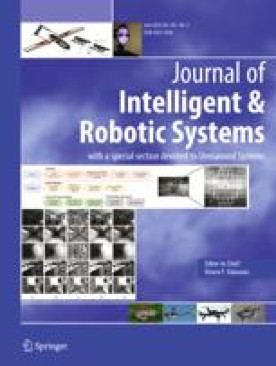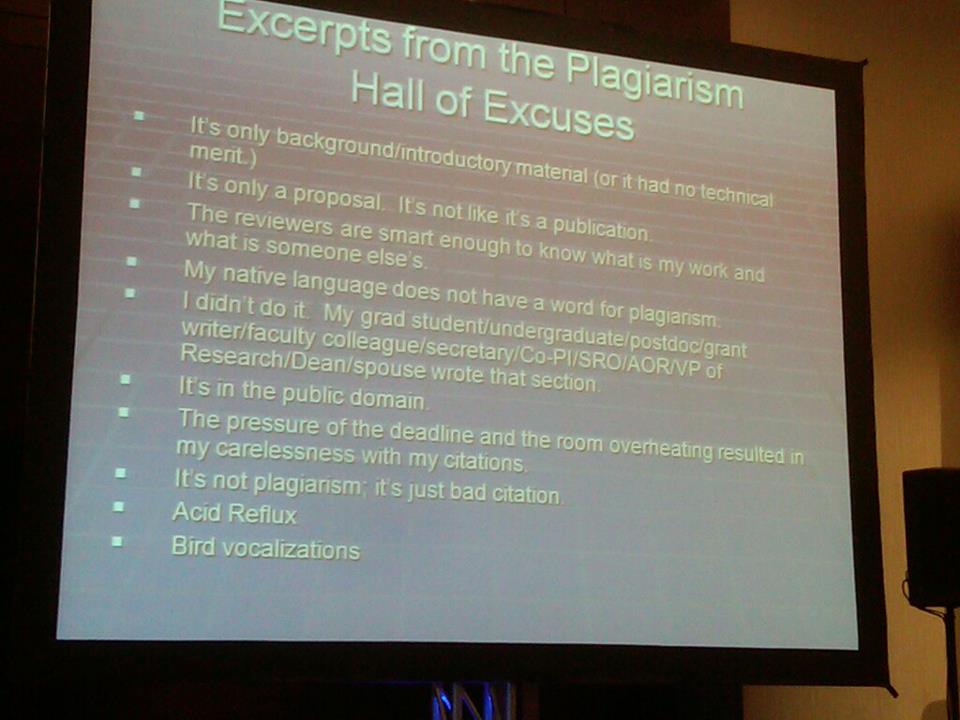A prominent sports medicine researcher who earlier this year had an editorial from his time as the top editor of the British Journal of Sports Medicine retracted for plagiarism has lost nine more articles for stealing and recycling text and misrepresenting a reference.
The British Journal of Sports Medicine has also placed expressions of concern on all other articles on which Paul McCrory, who was the journal’s editor-in-chief from 2001-2008, is the sole author, totalling 38 articles, according to a press release from the journal. (We count 78 single author papers for McCrory in BJSM.)
McCrory is a widely cited expert on concussions, and has worked with major sporting agencies and leagues as a consultant.
Continue reading Concussion researcher Paul McCrory earns nine more retractions, nearly 40 expressions of concern





